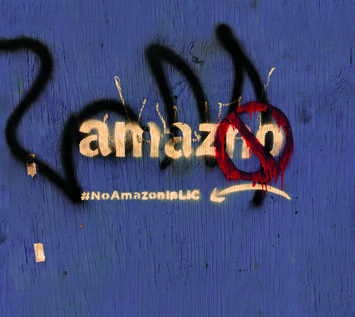
The fiasco surrounding Amazon’s recent escape from New York reflects a broader, potentially devastating trend. By driving the Seattle-based behemoth out of the Big Apple, New York’s increasingly militant progressives have created a political paradigm that could resonate in cities across the country.
Simply put, after decades of trying to lure businesses, many cities are adopting political agendas—from minimum wage hikes to rent control and threatened tax boosts—that make them less attractive to both big firms and smaller businesses. This new development is being driven by demographic shifts as cities become more dominated by hipster radicals and increasingly polarized with little room for a middle ground between the very rich and the very poor.
Cities have traditionally been more left than the rest of the country, but now that ideological gap is widening. Chicago, New York and Los Angeles seem destined to embrace ever-more radical politics as the young, single population and the poor dominate the electorate. Only a handful of major city mayors, including Miami’s Francis Suarez, are Republicans, while pro-business Democrats, like Chicago’s Rahm Emanuel, are being replaced by ever more stridently progressive politicians.
Joel Kotkin is the Presidential Fellow in Urban Futures at Chapman University, director of the Chapman Center for Demographics and Policy and executive director of the Center for Opportunity Urbanism in Houston, Texas. He is author of eight books and co-editor of the recently released Infinite Suburbia. He also serves as executive director of the widely read website www.newgeography.com and is a regular contributor to Forbes.com, Real Clear Politics, the Daily Beast, City Journal and Southern California News Group.












